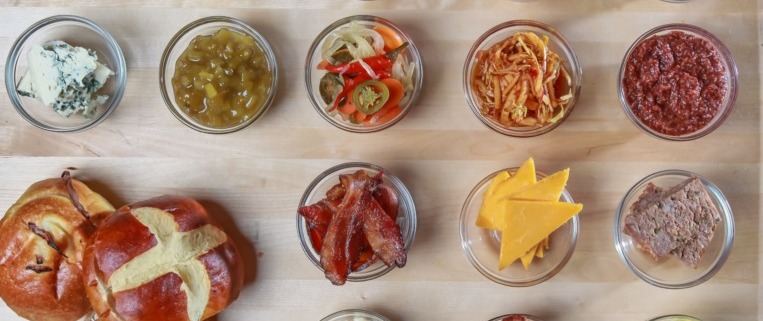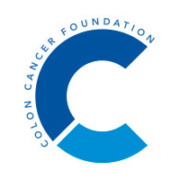Ultra-Processed Foods a Risk Factor for Colorectal Cancer
Diet has been recognized as an important modifiable risk factor for colorectal cancer (CRC). In particular, diets consisting of high fats and carbohydrates, such as red and processed meats, are considered high-risk. Now, a large-scale cohort study among U.S. residents has revealed that high consumption of ultra-processed foods might increase CRC risk in men—the third most diagnosed cancer in the U.S..
For the past two decades, researchers have witnessed a significant increase in the consumption of ultra-processed foods, industrial ready-to-eat or ready-to-heat products high in refined sugars, refined starch, and trans fats. Ultra-processed foods currently contribute to 57% of the total daily calories consumed by American adults. A growing pool of evidence suggests that ultra-processed foods increase CRC risk by altering the composition and diversity of gut microbiota and increasing the risk of obesity. Some examples of these foods include bread and rolls, breakfast bars and cereals, hotdogs and other processed meats, packaged sweet snacks and desserts, jams and jellies, and condiments, among other things.
The above-mentioned study analyzed responses from over 200,000 participants—159,907 women from the Nurses’ Health Study (1986-2015) and 46,341 men from the Health Professionals Follow-up Study (1986-2014)—across three large prospective studies in the U.S. that assessed dietary intake. The follow-up period was between 24-28 years. At the time of study enrollment, none of the participants had any cancer diagnoses. Information on dietary intake, demographic characteristics, lifestyle factors, and medical conditions of the participants was obtained through food frequency questionnaires every four years.
Of the 206,000 participants who were followed for more than 25 years, the research team documented 1,294 cases of CRC among men and 1,922 cases among women. The study findings indicated that those who consumed the highest amount of ultra-processed foods had a 29% higher risk of CRC compared to those with the lowest consumption. However, this was not observed among women. Among women, the risk of CRC was positively associated with higher consumption of ready-to-eat or ready-to-heat mixed dishes. In contrast, higher consumption of yogurt and dairy-based desserts was linked to a reduced risk of CRC among women.
These findings support the importance of limiting certain types of ultra-processed foods for better health outcomes. Here are some additional resources on diet and lifestyle and how they can influence your colon health and overall wellness:
- Healthy Inside and Out: How Diet and Lifestyle Impact Colorectal Cancer
- Dietary Mindfulness Can Reduce the Risk of Colorectal Cancer
- Diet and Nutrition to Prevent Colon Cancer
Kitty Chiu is a Colorectal Cancer Prevention Intern with the Colon Cancer Foundation.
Image credit: Tim Toomey on Unsplash




Leave a Reply
Want to join the discussion?Feel free to contribute!